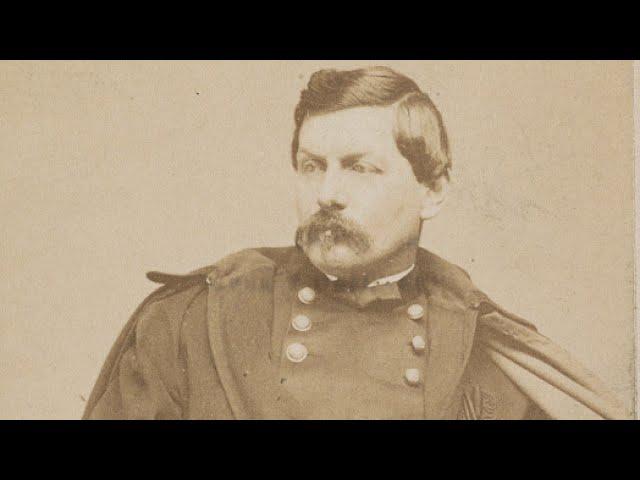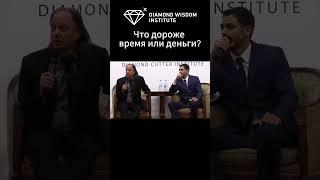
General McClellan: Caution in Context | Civil War Profiles | Union Army of the Potomac | US history
Комментарии:
Властелин Колец, но режиссёр - НЕЙРОСЕТЬ - Реакция #реакция #пуп
Лисик (FelixDonskov)
The Fundamental Elements of Film Music
Filmmaker IQ
Подставка за 10 руб #дизайнинтерьера #ремонтвдоме #diy #дизайнгостиной #интерьер
Дизайнерское Логово
Что дороже: время или деньги?
Майкл Роуч & DWI
Nostalgia - Оркестр Алексея Терентьева
Ярославский джазовый оркестр Алексея Терентьева
4th Graders Explore iPad for the 1st Time
Stewart4Class


























